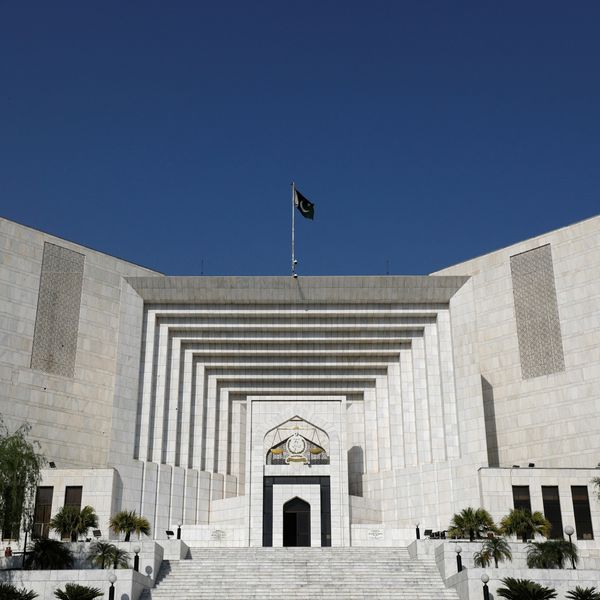Pakistan spends least on education, health compared to neighboring countries
Senate committee highlights urgent need for increased investment in key sectors

Shahzad Raza
Correspondent
Shahzad; a journalist with 12+ years of experience, working in Multi Media. Worked in Field, covered Big Legal Constitutional and Political Events in Pakistan since 2012. Graduate of Islamic University Islamabad.

Pakistan spends the least on education and health compared to its neighboring countries, a recent parliamentary committee meeting was informed.
Governor of the State Bank of Pakistan, Jameel Ahmed, briefed the Senate Standing Committee on Finance and Revenue about the current economic situation.
He revealed that Pakistan allocates only 1.9% of its GDP to education and 0.8% to health annually. In contrast, countries like India, Bangladesh, Sri Lanka, the Philippines, Turkey, and Brazil invest significantly more in these sectors.
Ahmed emphasized the need for increased spending on education and health to ensure long-term sustainable growth.
He also reported that Pakistan's total debt stands at $133 billion, with government debt reduced to $79 billion from $82 billion.
During the fiscal year, Pakistan has paid $5.7 billion out of $10 billion in loans, with the remaining $4.3 billion to be paid in the coming months. Additionally, $16 billion will be rolled over for refinancing.
Ahmed noted positive economic indicators, including a decrease in the inflation rate to 4.10% from 38% in May 2023 and a reduction in the policy rate to 13% from 22%.
The current account deficit has also improved, dropping to 1.7% from 17.5% in the Financial Year 2022, with expectations of further reduction to 0.1% by the end of this Financial Year.
The import bill for November 2024 was $4.2 billion, with petroleum products accounting for $0.9 billion. Senator Shibli Faraz inquired about the decline in petroleum imports, to which Ahmed attributed the decrease to lower international prices.
Ahmed reported that the State Bank's reserves currently stand at $11.7 billion, an increase achieved without additional debt. He predicted an annual growth rate of around 3% by the end of this Financial Year.
The committee also discussed the issue of fees transferred abroad due to the use of local currencies through debit cards. Senator Saleem Mandviwala highlighted that Pakistani banks transfer $250,000 weekly to MasterCard.
Ahmed clarified that banks do not deduct fees on domestic transactions. He noted that the outflow of dollars due to Visa and MasterCard usage was $1.4 billion in 2022, reduced to $800 million after the State Bank imposed a $30,000 annual spending limit abroad using credit cards.
The SBP introduced PayPak in 2016, which now holds a 23% market share with 110 million cards out of a total of 440 million debit cards in Pakistan. However, the Executive Director of the State Bank reported that PayPak cards have not been fully effective.
Chairman of the Committee stated that charges should not apply to domestic transactions and should not be in dollars. Ahmed acknowledged that completely eliminating Visa and MasterCard is not feasible, as it would lead to the companies leaving the country.
The committee requested records of Visa and MasterCard transactions from all banks and a comprehensive plan on foreign currency payments through local currency cards.
The committee also addressed the delay in appointing a new CEO for EXIM Bank. Federal Minister for Finance and Revenue, Senator Muhammad Aurangzeb, stated that EXIM Bank is crucial for the country's economy and that the government is working on its transition. The appointment process for the new CEO will be completed soon, with quarterly reviews of EXIM Bank's progress.







Comments
See what people are discussing